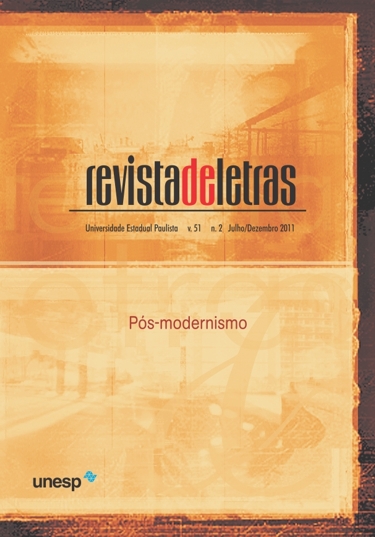Pablo Pérez’s postmodern diary: sub/versions of masculinity in A Year Without Love
Keywords:
Argentine literature, Autobiography, Autofiction, Subaltern masculinities,Abstract
In the same way as other sorts of self-writing, such as the autobiography and the self-portrait, autofiction shares the authenticity of the lived experience as a constitutive element of its discursive utterance. Autofiction claims for itself the status of true discourse, which does not pose a problem of definition as long as it is borne in mind Foucault’s problematization according to which one should regard with suspicion every will to truth, understood as a structuring foundation for the conditions of intelligibility of all discourses moving through the social space, whether it aims to be imaginative writing or not. By contrast to the term “autobiography”, autofiction presents the advantage of making explicit the intention of turning itself into a fiction, or even the intention of describing the act of self-instauration out of an exercise that does not avoid the need of fictionalization as a tool for constructing a certain discursive logic or stability by the writing subject. Stemming from these assumptions, this paper aims to make a reading of how homosexuality and masculinity cross in the construction of the narrator-protagonist in Pablo Pérez’s A Year Without Love (1998).Downloads
Published
11/01/2013
Issue
Section
Postmodernism
License
Os manuscritos aceitos e publicados são de propriedade da Revista de Letras. Os originais deverão ser acompanhados de documentos de transferência de direitos autorais contendo assinatura dos autores.
É vedada a submissão integral ou parcial do manuscrito a qualquer outro periódico.
A responsabilidade do conteúdo dos artigos é exclusiva dos autores.
É vedada a tradução para outro idioma sem a autorização escrita do Editor ouvida a Comissão Editorial.

